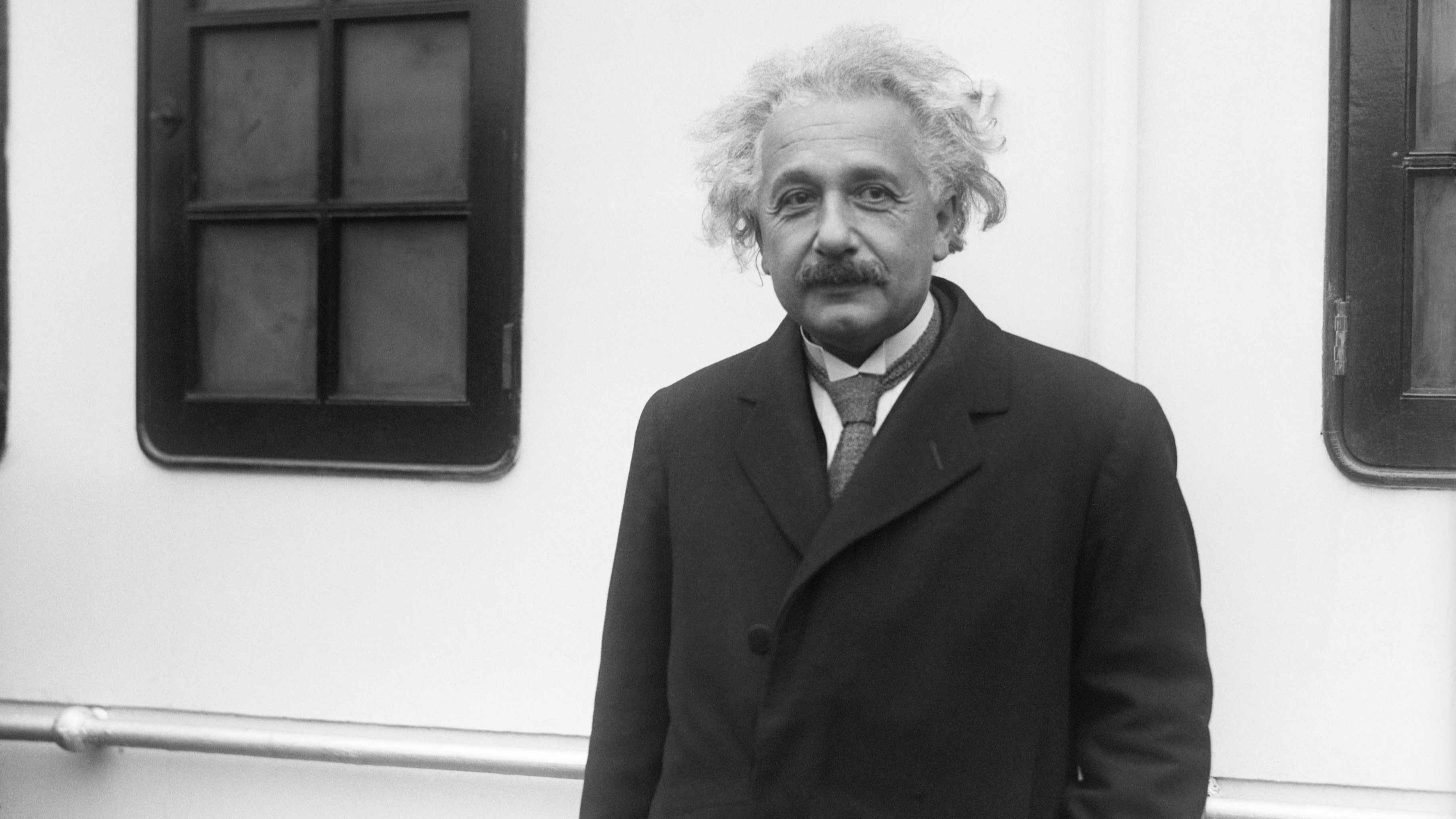
Paul Allen was the co-founder of Microsoft, a computing pioneer, and one of the world's great philanthropists. Allen died in 2018, at the age of 65, and at the time his co-founder Bill Gates paid tribute to "a brilliant technologist and philanthropist who wanted to accomplish great things, and did."
Allen left Microsoft in 1983, following a diagnosis for Hodgkin's lymphoma, though remained on the board of directors until 2000 and became extraordinarily wealthy, with estimates putting his net worth at over $20 billion. During his life Allen donated more than $2bn to charitable causes, built museums, owned the NBA's Portland Trail Blazers and the Seattle Seahawks football team, and amassed a quite incredible collection of computing and scientific artefacts.
Allen's art collection was auctioned in 2022, raising over $1.6 billion for charitable causes, and Christie's has now announced an auction of artefacts from his personal collection, to be held in New York this September (thanks, BBC). It's called Gen One: Innovations from the Paul G. Allen Collection and includes a letter from Albert Einstein, written to President Franklin D. Roosevelt in 1939, which warns that Nazi Germany may be able to create atomic weapons, and suggests that the US start its own atomic programme.
This specific document is known as the Einstein-Szilard letter, as it was largely authored by Hungarian physicist Leo Szilard among others, but Einstein was chosen as the letter's signatory because of his reputation as one of the great scientific minds making it likelier Roosevelt would pay attention.
The letter warns of recent advances in the theory of nuclear chain reactions as relating to uranium, and prophesies that "this new phenomenon would also lead to the construction of bombs, and it is conceivable—though much less certain—that extremely powerful bombs of a new type may thus be constructed. A single bomb of this type, carried by boat and exploded in a port, might very well destroy the whole port together with some of the surrounding territory."
This letter played a key part in Roosevelt ordering further investigation and research funding before, three years later, the Manhattan Project and the development of the world's first nuclear weapons began. Christie's has given the letter an estimated value of between $4 million and $6 million.
Among other items being auctioned are a DEC PDP-10: KI-10 model computer from 1971, personally restored by Allen, a key machine in computing development that's expected to sell for between $30,000 and $50,000. There's also the spacesuit worn by astronaut Ed White, the first American to spacewalk in 1965, which is estimated to go for up to $120,000.
"Looking at the collection as a whole, you're able to see the building blocks of the most cutting-edge technology that exists today," said Devang Thakker of Christies. "Whether that's the smartphone in your pocket that has billions of transistors or the watch on your wrist that you can call someone with. The technologies and discoveries represented in this collection enabled those advances."
As with Visionary, the sale of Allen's art, all the estate's proceeds from Gen One "will be dedicated to philanthropy, as pursuant to Mr. Allen's wishes."







